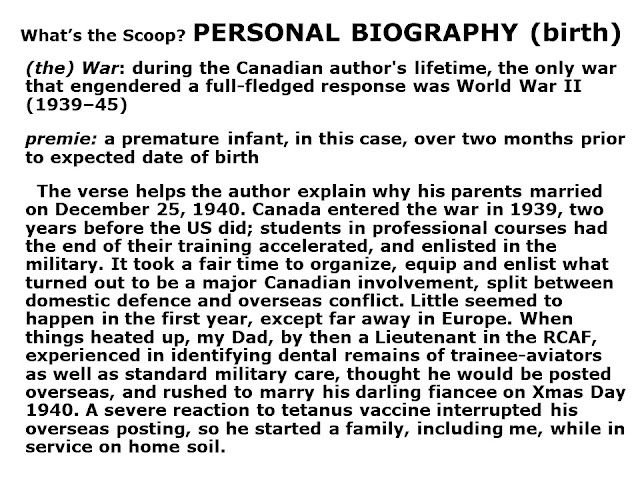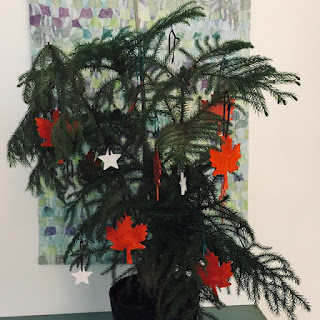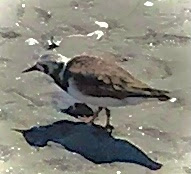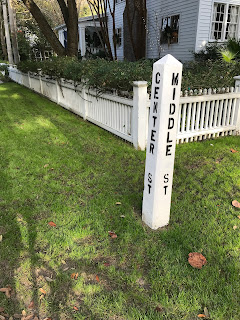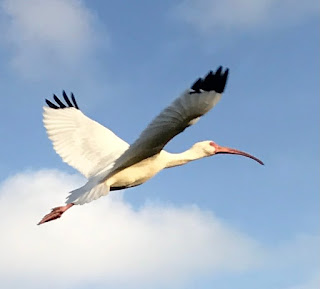In this post, we continue with a novel form of poetic wordplay. Inspired by Japanese haiku poetry, this new form is used for a terse verse with a total of 17 syllables displayed on three lines. Unlike its classic Japanese analogue, this concoction does not mandate the precise distribution of the syllables among the three lines, but does stipulate that each word in the poem be included in a palindromic phrase or sentence in English (i.e. one that can be read either forwards or backwards).
To help the reader discern the origin of the lyrics, each palindrome (generally occupying one of the three lines of the poem) has been color-coded.
(Editors' Note): Concepts in this poem were also expressed in limerick format in the post of December 24.
You can view all our "palinku" verses if you proceed with a single click to our more encyclopedic blog "Edifying Nonsense". Click HERE. (Or if you prefer, you can stay on this particular blogsite and look for the offerings for the 17th day of each month -- there are now more than 60 of these.)




